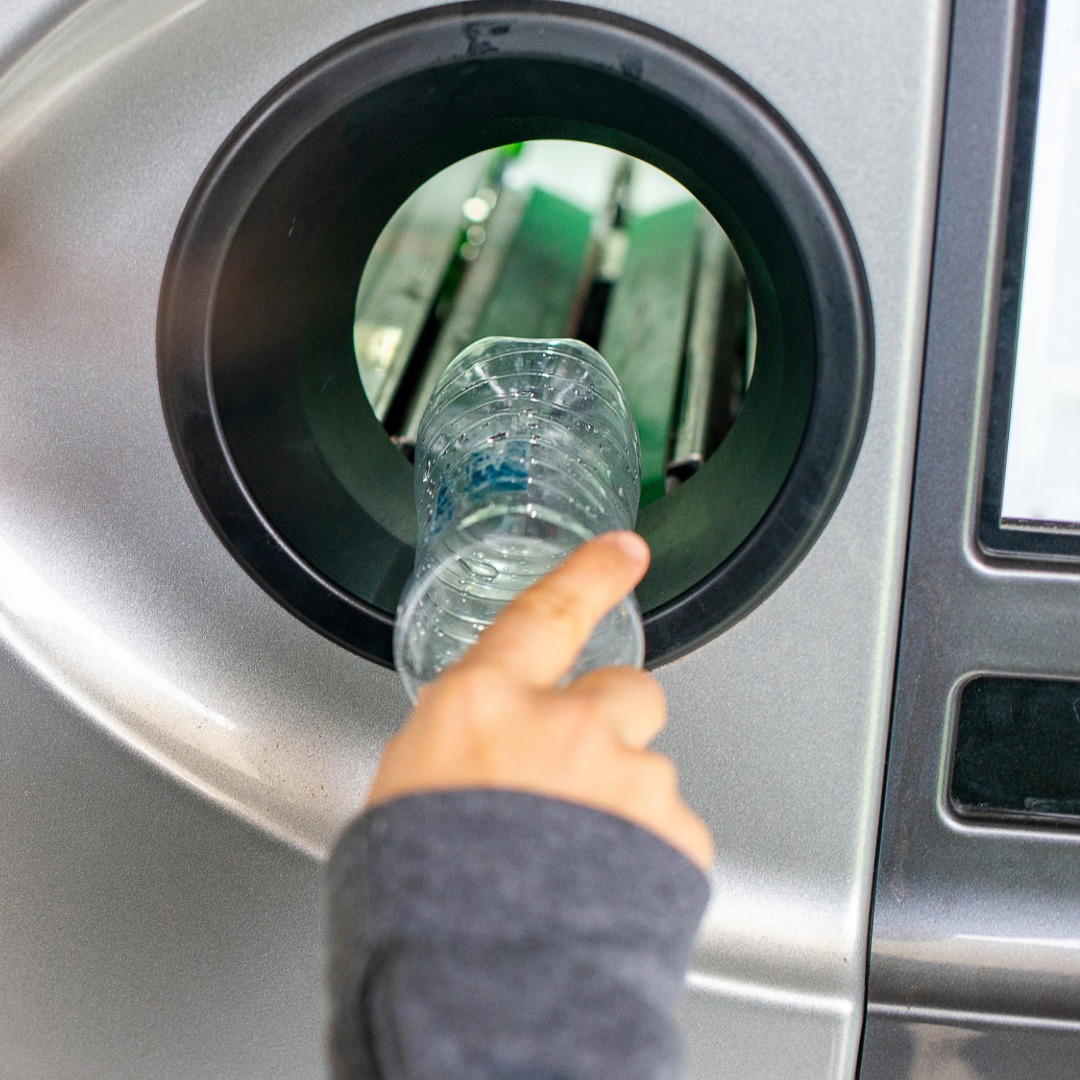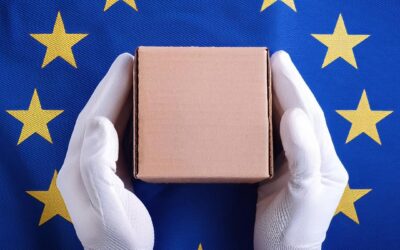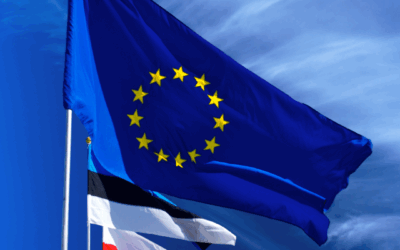Deposit systems in the EU explained: How deposits work in Italy, Scandinavia and elsewhere



The most important facts in brief: Deposit systems motivate consumers to return beverage bottles and cans, which increases recycling rates and conserves resources. In Europe, countries such as Germany, Sweden and Finland are pioneers with return rates of over 90%, while large markets such as Italy, Spain and France do not yet have a comprehensive system in place. Under the new EU Packaging Regulation (PPWR), at least 90% of all single-use plastic bottles and cans must be collected by 2029 – many countries are therefore planning their own systems. Deposits are considered a key lever for the circular economy and will gain importance across the EU in the coming years.
Deposit systems show that simple solutions help to keep packaging in circulation and increase recycling rates. However, there are major differences within the EU: while countries such as Germany, Sweden and Finland have been using deposits for years and achieving high return rates, other Member States are still in the early stages.
The new EU Packaging Regulation (PPWR) aims to change this. By 2029, at least 90% of all single-use plastic bottles and metal cans must be collected separately – many countries are planning to set up their own deposit systems for this purpose.
But how exactly do deposit systems work? And which countries with deposit systems are already successful today? The following overview shows the current situation in Europe and explains the role that deposits play in the circular economy.
What is a deposit system and how does it work?
A deposit system ensures that consumers pay a small surcharge – the deposit – when purchasing beverages, which they receive back when they return the packaging. This creates an incentive not to carelessly throw away bottles and cans, but to return them to the cycle. In many countries, PET bottles and beverage cans are collected, while in others glass bottles are also collected. A distinction is made between single-use deposits, which aim to recycle the materials, and reusable deposits, where the bottles are rinsed and refilled. Both systems contribute in different ways to conserving resources and preventing waste.
Countries with deposit systems in Europe: Who is leading the way?
Some EU countries have had functioning deposit systems in place for decades. Scandinavian countries such as Sweden, Finland and Denmark are considered role models in this regard, with return rates of over 90%. In the Baltic States, Estonia and Lithuania are also demonstrating that successful systems can be established in a very short time.
Germany is also one of the leading countries with a deposit system: since 2003, there has been a deposit on single-use containers, which exists alongside the classic reusable bottles. Around three quarters of all beverages in Germany are covered by a deposit system – clear proof of its effectiveness.
Countries without deposits – are there deposits in Italy?
While northern Member States are leading the way on deposits, many large markets do not yet have a comprehensive system in place. These include Spain, France and Italy. People often ask: Are there deposits in Italy? – The answer is currently no, there is no mandatory nationwide deposit system as yet. However, its introduction is being discussed in order to meet the EU targets for 2029.
Poland and the Czech Republic also lack an established system. Other countries, such as Portugal and Belgium, are planning to introduce it by 2026.
An overview: Countries with deposit systems in Europe
- Sweden – since 1984 (Europe’s oldest deposit system; PET, glass, cans)
- Finland – since 1996 (comprehensive system for single-use and reusable packaging)
- Denmark – since 2002 (over 90% return rate)
- Germany – since 2003 (single-use deposit + established reusable system)
- Estonia – since 2005 (national system for single-use & reusable)
- Netherlands – since 2005 (initially PET bottles; since 2021 also small bottles and cans)
- Croatia – since 2006 (single-use and reusable packaging)
- Lithuania – since 2016 (very successful, >90% return rate)
- Malta – since 2022 (Beverage Container Refund Scheme, BCRS)
- Slovakia – since 2022 (PET bottles and cans)
- Romania – since 2023 (nationwide system for single-use bottles and cans)
- Austria – introduction in 2025 (for single-use plastic bottles and cans)
- Ireland – introduction in 2024
Planned deposit systems
- Portugal – planned from 2026
- Belgium – planned from 2026
- Spain – planned from 2026
- Scotland – introduction postponed several times, new start date open, but planned from 2027
EU Packaging Regulation (PPWR) and the future of deposits
The Packaging and Packaging Waste Regulation (PPWR) stipulates binding EU-wide targets for the collection of beverage bottles and cans for the first time. Article 50 of the PPWR stipulates that by the beginning of 2029, all necessary measures must have been taken to collect at least 90% of single-use plastic and metal beverage bottles for separate collection.
This target is achievable for countries with established deposit systems, but poses an enormous challenge for other countries.
One thing is clear: without uniform standards and a functioning return infrastructure, the quotas will be almost impossible to achieve. It is therefore necessary to set up deposit systems in all countries that do not yet have them in order to realistically push ahead with the implementation of the new EU requirements.
Conclusion: Why deposit systems are crucial for the circular economy
Deposit systems are more than just a practical solution for consumers – they are a key lever for the European circular economy. Countries with deposit systems show that high collection rates are possible and that enormous quantities of recyclable materials can be recovered. Countries such as Italy, France and Spain will have to follow suit in the coming years in order to meet EU requirements. Ultimately, the environment, industry and society alike benefit from a functioning deposit system.

LIZENZERO.EU makes packaging compliance in Europe very easy.
Do you ship your products to different countries in the EU? Many different legal requirements and obligations can make the whole thing quite complicated – but don’t worry, we’ll do it for you. How do we do it? With our licensing service, we take over all obligations for you by power of attorney. Sounds good? We’ll be happy to advise you.
For shipping to Germany, you can easily fulfill your packaging obligations yourself via Lizenzero.de.
Mandatory from 2026: The EU Authorised Representative for Packaging explained
Europe is an attractive but regulatory complex market. One of the more complex requirements is the appointment of an authorised representative (AR). The AR is the central interface between the manufacturer and the European market surveillance authorities. The authorised representative plays an important role in product safety and extended producer responsibility (EPR) and is therefore becoming increasingly important to ensure access to the market.
Authorised Representatives in Europe: Which ones are there and what do you need them for?
Europe is an attractive but regulatory complex market. One of the more complex requirements is the appointment of an authorised representative (AR). The AR is the central interface between the manufacturer and the European market surveillance authorities. The authorised representative plays an important role in product safety and extended producer responsibility (EPR) and is therefore becoming increasingly important to ensure access to the market.
EPR in Bulgaria: An overview of your obligations and requirements
Plastics have become an integral part of our daily lives – found in packaging, clothing, and electronics. When used and recycled correctly, they can even help conserve resources. This is precisely where Extended Producer Responsibility (EPR) comes in: Manufacturers and distributors are increasingly required to take responsibility for their packaging—from production to disposal. What is mandated by EU law also has very concrete implications for companies operating in Bulgaria.




